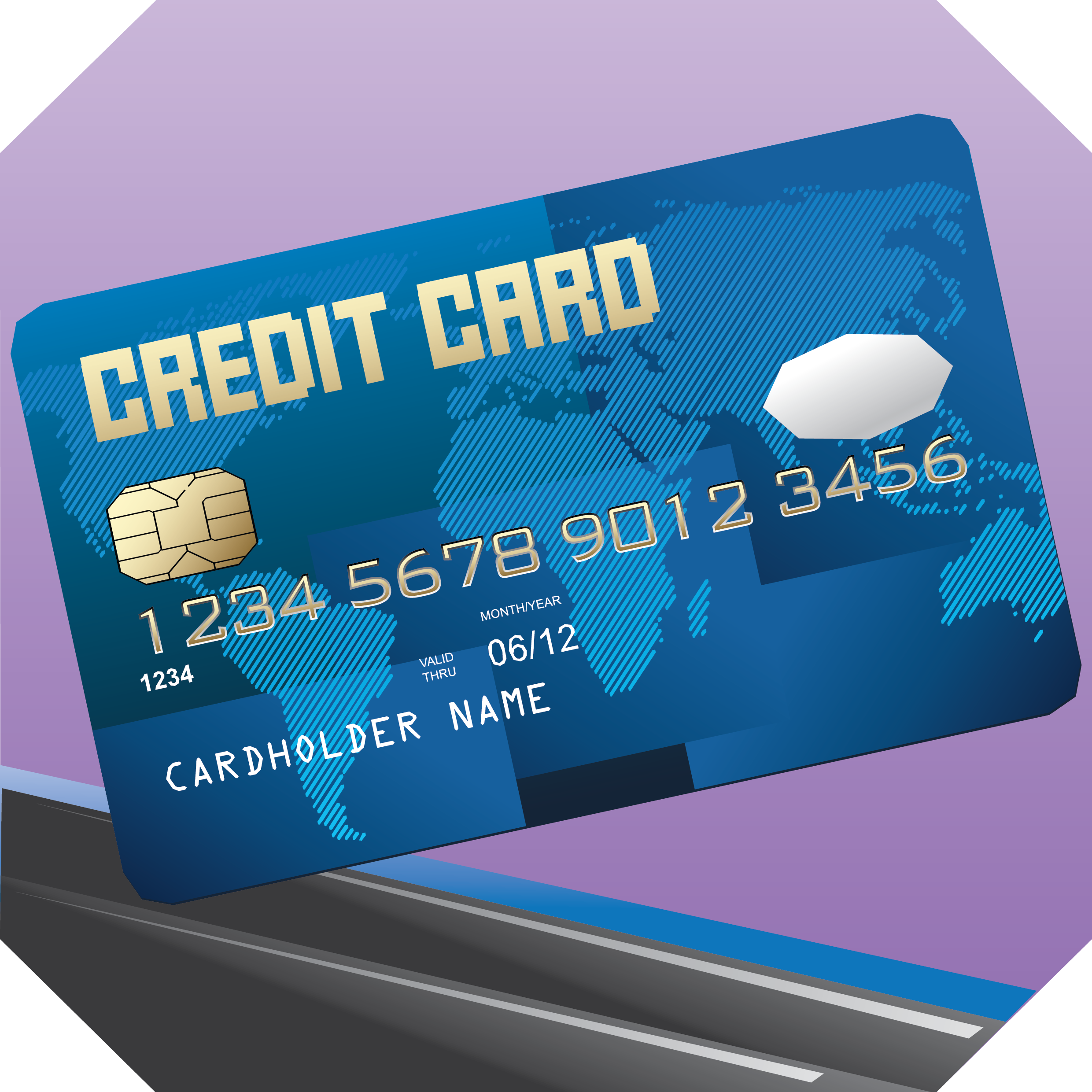What If Your Credit Card Doesn’t Work When You’re Traveling Internationally?

What do you do when your credit card doesn’t work when you travel to a foreign country? An odd set of circumstances happened to a friend of mine recent when he took a trip to Mexico with his wife.
His reservation was with a property in Cancun that’s part of a very well-known international chain, a property I’ve actually contemplated staying at myself. Upon check-in, his bank declined the pre-authorization on his credit card. He tried contacting his bank and they said they could open the card for a one-time day of charges (assumedly to close out his hotel bill).
He didn’t have an international dialing plan set up on his phone, so calling his bank again would have required some work. The front desk let him check-in without a credit card on file and told him he could settle his bill in cash when he checked out. During his stay, he had full charging privileges at the bars and restaurants that were part of the hotel.
At checkout, he was informed by the same agent that checked him in the hotel did not accept US currency (the only currency he brought with him on the trip). My friend then asked what to do next and the employee said his manager would be in later that day and would follow up with him.
Without any further follow-up from the property, my friend left the property without the bill resolved. It took a few phone calls when he returned to the US, but he finally got someone to take his credit card to settle the bill. An odd set of circumstances, for sure.
What’s the takeaway?
1. Just my two cents, but even if you’re bank says they don’t need you to notify them of foreign travel (Chase has been saying they stopped doing this), call them anyway to notify and find out what to expect.
2. Consider taking foreign currency with you even if you’re sure your credit card will work. Try to avoid the airport or your hotel upon arrival, as those are likely to have some of the higher conversion rates. Check if your primary bank has any beneficial programs for currency. One big reason I keep my Citibank account is because of their World Wallet program, which will land foreign currency on my doorstep and allow me to re-deposit to any Citibank branch worldwide with preferential rates and not much in the way of fees.
It’s still a bit puzzling to me that hotels will let a guest check-in and have charging privileges with no means to collect from them, but stranger things have definitely happened.
Have you run into problems when using your credit card overseas?
The post What If Your Credit Card Doesn’t Work When You’re Traveling Internationally? was published first on Pizza In Motion.
Don’t miss any of the daily travel tips, tricks and strategies found here. Follow me using one of these options:

Never had a problem but I always call the credit card company, atm card bank people or use the credit card online travel notification feature on various websites. I’m surprised they wouldn’t accept US dollars in this area as they are so common. I guess because of the large amounts or chain rules.
I recently had a frustrating incident with BarclayCard. I was traveling to Hong Kong and sent a travel notification beforehand. While in Hong Kong, I tried charging about $1000 at a tailor but my BarclayCard wouldn’t work. As a backup, I used my Chase card (which I also notified) and it worked without a hitch.
Of course, I got an e-mail from Barclay’s fraud department telling me to call them. When I called, I hinted that I sent a travel notification, and they said they will still block large purchases abroad, even if you alert them that you’re going there. As far as I’m concerned, the Barclayard is useless abroad.
Always carry cards from two different banks when traveling abroad and notify them of your travel plans. In all but one of the last half dozen trips to foreign countries, I had a card rejected despite notification.
If traveling with someone else, they should have at least one card that you don’t carry and vice versa. This is more about pickpockets and purse snatchers than card rejection.
Always have two credit cards with you issued by two different banks, for example Chase and Citibank.
When we travel, me and my wife have made it a point to carry 2 different credit cards each.
i wonder why your friend didnt call collect to reach the bank?